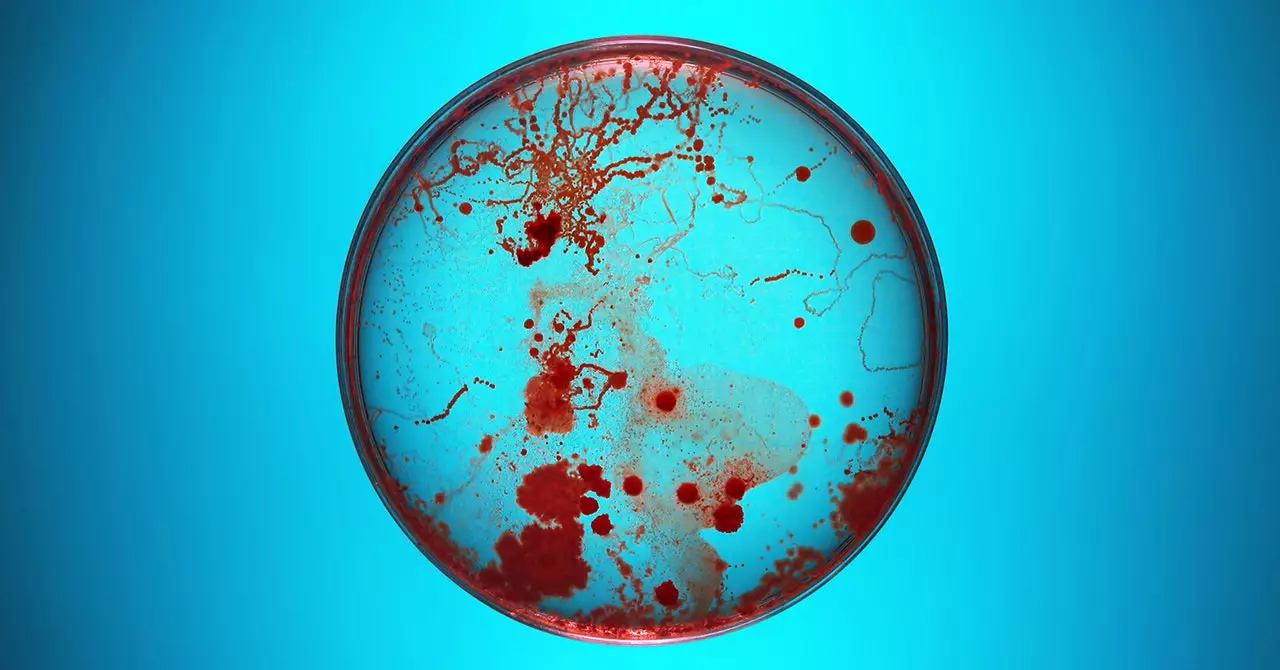In the realm of public health and national security, the concept of “biorisks” has become a critical area of interest. The potential consequences of biological threats are vast and concerning. The synthesis of viruses from scratch under projects like Darpa has shed light on the reality that biology is evolving into an engineering discipline that could be misused. The vulnerabilities within society have been starkly highlighted by events such as the Covid pandemic, showcasing the need for more robust biosecurity measures.
Efforts to enhance biosecurity have led to considerations on how to secure biolabs effectively and detect biological weapons programs that still exist in certain parts of the world. The objective is not only to prevent engineered pandemics but also to improve resilience against natural pandemics that may arise. Despite advancements in vaccine design and manufacturing, the time taken for approval processes remains a significant bottleneck. The cost of synthesizing viruses has drastically reduced over the years, making the barrier to entry for potential biothreats lower than ever.
The ongoing evolution of natural viruses poses a continuous threat, with the inevitability of future viral pandemics looming ahead. The economic impact of events like the Covid pandemic serves as a stark reminder of the need for proactive measures to prevent and mitigate such crises. In addition to natural threats, intentional biological attacks present another layer of risk. Groups with mass-casualty intent and an interest in biological warfare pose a significant challenge, especially with the accessibility of tools and materials needed for such acts.
The emergence of AI technologies introduces a new dimension to the biorisk landscape. Concerns have been raised about the potential for AI to facilitate the misuse of biological tools by individuals or groups without extensive biological backgrounds. The accessibility of DNA synthesizers and scientific supplies, combined with the evolving capabilities of AI, raises fears about the erosion of barriers preventing the effective use of biological weapons.
The realm of biorisks is evolving rapidly, presenting complex challenges that require proactive and strategic responses. From enhancing biosecurity measures to addressing the potential implications of AI technologies, a comprehensive approach is needed to mitigate the growing threats posed by biological risks. The lessons learned from past events like the Covid pandemic serve as valuable insights into the vulnerabilities within society and the urgent need for robust risk management strategies in the face of evolving biorisks.


Leave a Reply